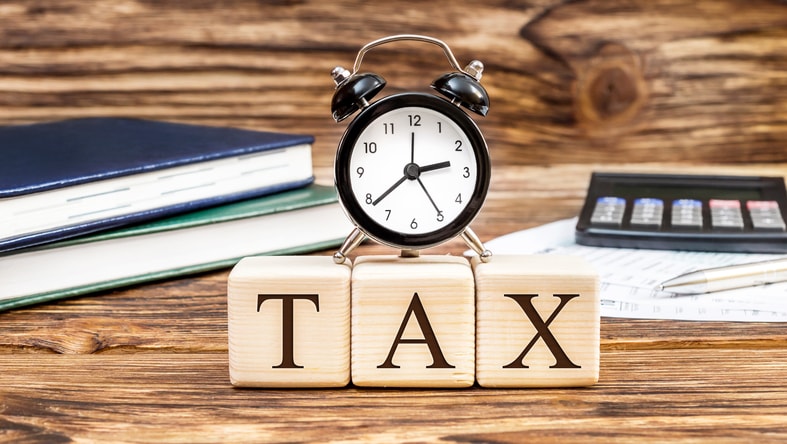By Emma Sturgis
Taxes can be an extraordinarily confusing part of running a business. However, they are an expense you must plan for and understand as a small business owner. If you are the owner of a small business, make sure to use these important tax filing tricks to pay the right amount of taxes and prepare for your tax bill every year.
Set Your Business up as the Right Entity
What type of entity you initially register your business as determines how it will be taxed. This is why it is very important to consult a professional business attorney during the startup process, like Boynton Waldron Doleac Woodman or someone similar in your area. There are five recognized business entities for tax purposes in the United States: sole proprietorships, partnerships, LLCs, S-corporations and C-corporations. Your business’s entity does not just affect taxation, but also which laws govern your business and what it is allowed to do, so it is important to get this detail right at the beginning to ensure you aren’t paying more taxes than necessary.
Remember to Pay Estimated Taxes
One thing many new business owners are unprepared for is the requirement that they pay estimated taxes four times a year. As a general rule of thumb, if your business will owe $1,000 or more in taxes during a calendar year, you are required to pay quarterly estimated taxes. Failure to do this can result in penalties, so it is important to get acquainted with the process and correctly estimate and make your quarterly payments on time.
Deduct Everything You Can
What you can and cannot deduct can be confusing and require some time to understand it all, but it’s worth it to save your business as much money as possible on its tax bills. You can deduct expenses such as technology purchases, vehicles, office supplies and subscriptions, such as to cloud services, for example. Some travel expenses are deductible, but it is important to know which ones are not. For example, only 50% of food expenses during business travel are tax deductible.
Consult a Professional
It is generally recommended that all businesses, even freelancers, work with a qualified professional. Business taxes are often considerably more complicated than personal tax returns and a tax professional can steer you through them and cut down on your tax bill. You should definitely consult a tax professional if you do not have a dedicated accountant, you run the risk of being extremely confused or the chance to make tax missteps.
These tips should clear up some of the questions you might have had about your business’s taxes. It is important to consult the right professionals when necessary and thoroughly understand your tax burden. If you do that, you are much less likely to run into any nasty surprises.
Emma Sturgis is a freelance writer currently living in Boston, MA. She writes most often on education and business. For help moving commodities, Emma suggests Bekins Van Lines Inc. To see more from Emma, say hi on Twitter @EmmaSturgis2.







